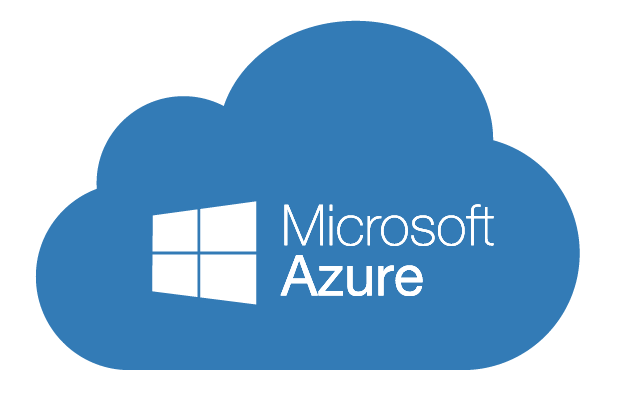In our last article, we discussed the role of CFO in upcoming digitization. To recap, the CFO’s job is to understand the future of your company by centralizing data, adapting the latest solutions, ensuring the customer experience as a top priority, and implementing solutions like Dynamics 365 Finance and Operations Smart and Fast Finances.
Naturally, the CFO’s responsibility increases in times of uncertainty. So, how a CFO adapts to changes is what will transform the company’s future the most. From cloud adoption in financial services to the digital transformation in accounting, these are simple concept changes that can completely change the direction of your company.
In this article, we will continue our discussion and recommend some changes you or your CFO needs to make for your company right now. We will also discuss what the future of the finance industry is.

Accelerating Transformation
The digital transformation in finance is part of a pandemic-accelerated digital transformation trend. While this is true for right now, a digital transformation is not a single-size scenario, and it doesn’t all happen at once. Digital transformation is a continues and evolving path that generates value, tackles challenges and empowers people to do the best they can.
This is why Microsoft has developed a step by step roadmap for you, including microservices, APIs, or any other innovation. They have developed practical insights that direct the rapid transformation, from architecture to empowerment and achievement.
Making Banking Open
After banks are admitted to the Customer Data Right (CDR), July marked a turning point for Australia banking. This law marked the beginning of an age of open banking in Australia, fostering competition, and raising consumers’ income by reducing bank change barriers and promoting data innovation.
The Regional Australia Bank (RAB) leads in the right direction. It automated and streamlined loan applications under open banking standards using the Microsoft Azure cloud, which has now saved consumers time and effort by eliminating the online loan’s friction. Specifically, RAB automates time-sucking measures throughout the lending phase, including the uploading of declarations or expenditure estimates.
Why is Azure the Future of Financial Services?
Document storage requirements can force you, over the years, to save and retrieve transaction records relatively quickly – in days or weeks. You will need to track and safeguard this information closely, as well as your active data.
In other words, you have to know who is accessing your data and when. Additionally, any situation where your information might not be secure needs to be known and remedied, e.g., when your storage blob is unsafe. You should immediately know about security breaches, otherwise, your company is compromised.
The Azure financial industry provides a particular program for compliance with financial services. The auditors in PCI-DSS have approved their environment, and anyone who would like to build a cardholder environment in Azure can confidently do this.
Additionally, your data storage can be directly configured with Microsoft Azure to support advanced applications such as machine learning and prediction. Azure Premium Blob Storage is a company-level storage device that completely supports SSDs to respond quickly. What is more, if the Premium storage takes on a certain level of service, it has a lower unit cost than conventional cloud storage.
How to Define Success in Financial Management?
If you are still questioning what are the benefits of digital transformation for finance departments and are curious and willing to learn that is great! You’re a step closer toward being successful.
We must all have a learner’s attitude, or we will not be successful. We must all constantly broaden business by using new instruments and partnerships and solving ventures and constructive issues. Right now, we have Microsoft teams for financial services. You can use it to see excellent results by mixing curious people with increasingly helpful resources.
We foresee more improvements that digital transformation would have in the future in financial management. Technology will continue to evolve and provide new opportunities to expand and change for the finance department. Although the workflows of companies like Microsoft will continue to change, we are sure that our work will continue to be focused on fundamental principles. We will always strive for clarity, have the best people in our teams, and retain our curiosity to succeed.
Conclusion
Overall, the future is all about redefining the finances, and Microsoft azure accounting software is the new tool for you. As a CFO, it is time to rethink and revise your financial values through azure finance. So, whether you are running a full-fledged business for years or you have just begun, Azure for fintech is still a helpful tool. For assistance from Microsoft experts, you can always reach out to the DHRP consultants.




































































































